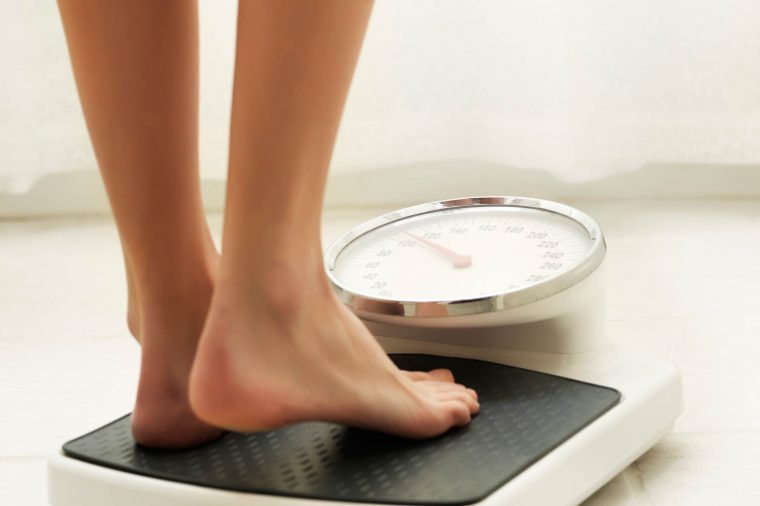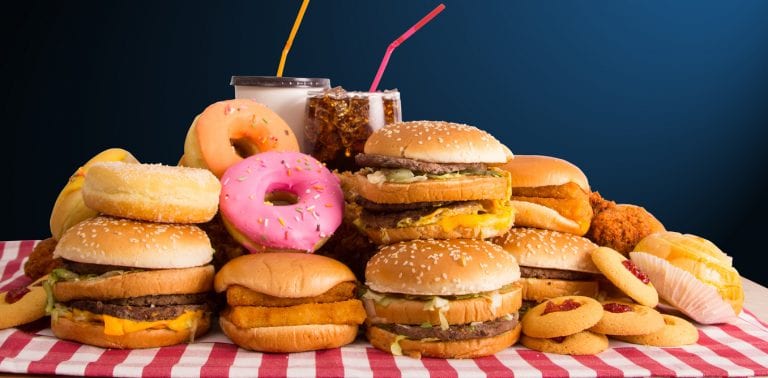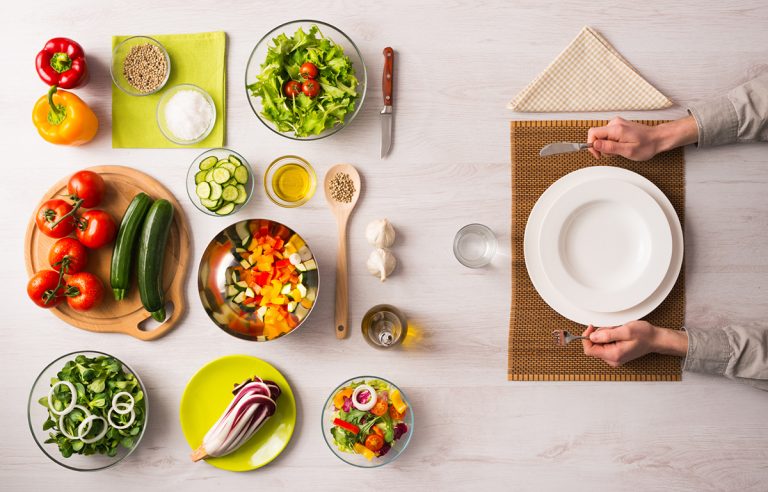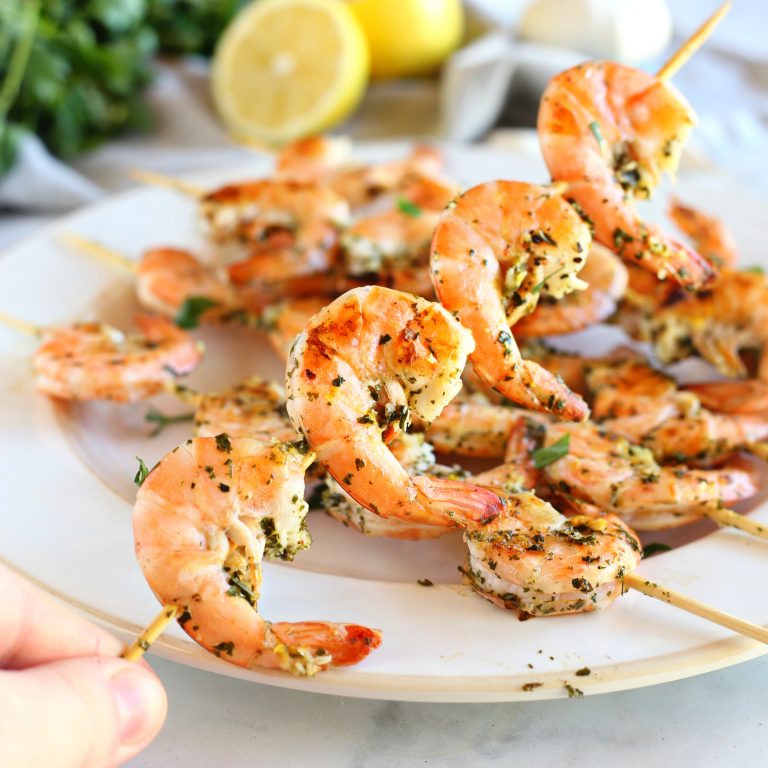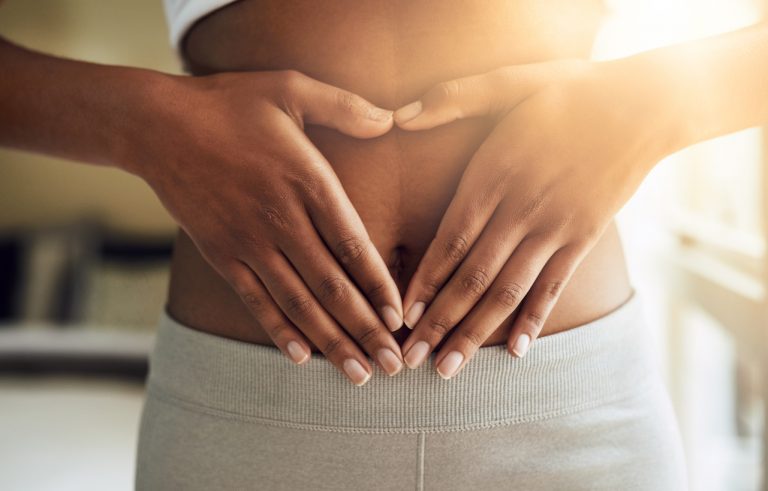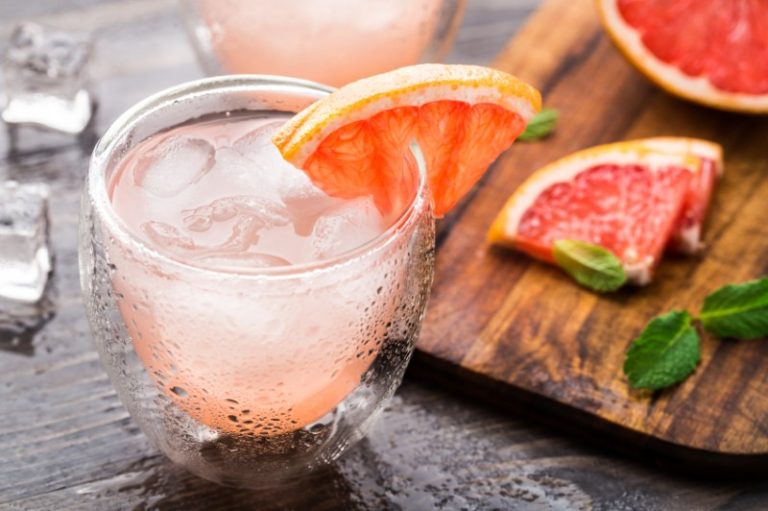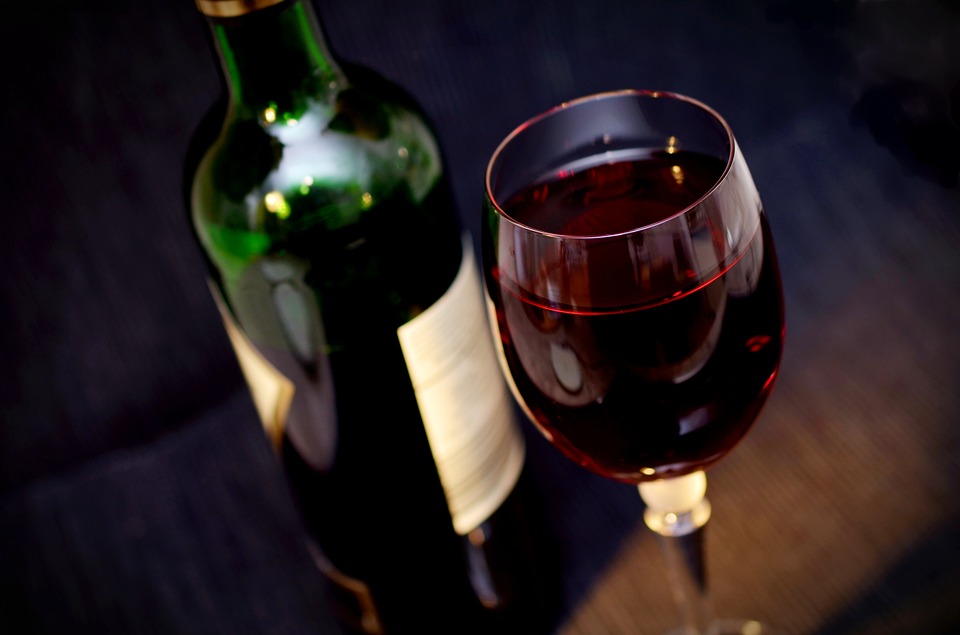
If you enjoy a glass of vino after a hard-earned day, here’s how you’re doing right by your body.
You might get sick less often
While it’s no replacement for a healthy diet loaded with all of the illness-fighting vitamins and nutrients you need, research has found that wine possesses immune system-boosting benefits. “The antioxidants in wine increases heart-healthy HDL cholesterol as well as keeping the immune system strong,” says Kristine Arthur, MD, internist at Orange Coast Memorial Medical Center in Fountain Valley, California. “HDL helps to prevent “bad” plaque build-up in the arteries, which can also help prevent heart attacks and strokes.”
You might have an easier time managing your weight
While it might not be the secret weight-loss some researchers have claimed, studies have shown that the resveratrol contained in wine may help prevent weight gain. In fact, when researchers from Washington State University fed mice a high-fat diet and resveratrol combo, they gained about 40 percent less weight.
The scientists rationalized that the antioxidant resveratrol may actually convert “bad fat” into “good fat,” though they were unable to prove that this would help shed pounds. Keep in mind that wine does have calories—about 123 per five-ounce glass, so more is not better; stick to one glass per night for women, two for men.
You might have a stronger heart
Again, it’s the antioxidant resveratrol that we have to thank for the heart-boosting benefits of a nightly glass of wine—especially red varietals. The tannins contained in red wine, procyanidins, are associated with protecting against heart disease. Additionally, a study by the Harvard School of Public Health, which analyzed data from 11,711 men with hypertension, or abnormally high blood pressure, found that those who drank moderately had a 30 percent less chance of having a heart attack. But here too, moderation is key.
“Chronic and excessive alcohol intake is associated with weakening of the heart, medically termed as cardiomyopathy and heart failure, says Adrienne Youdim, MD, recognized expert in weight loss and nutrition, bariatrics, and preventive medicine.
You might end up with stronger bones
While we do know that heavy drinking tends to be associated with an increased risk of developing osteoporosis (a thinning and weakening of the bones), there have been studies showing an increase in bone turnover in menopausal women who drank one drink per day on average.
“This bone turnover is a sign of bone remodeling, which helps to build new bone and prevent bone loss,” says Dr. Arthur. “In addition, alcohol can affect the absorption of calcium in the stomach, which can over time affect the ability to build strong bones. It is important to note, however, that regular physical activity also plays a critical role in keeping bones strong and healthy.
Your brain might stay sharper longer
It’s a fact that brain function declines as you age. But one way to keep it in tip-top shape is to drink moderately—for example, by drinking one glass of wine at night. A study by Columbia University analyzed 1,416 people and found that those who enjoyed alcoholic beverages in moderate amounts experienced slower brain function decline than nondrinkers.
You might have better vision
Even if it makes your eyesight a tad more blurry while you’re sipping your wine, research shows that moderate wine consumption may help your vision in the long run. An Icelandic study found moderate drinkers to be 32 percent less likely to get cataracts than those who did not consume alcohol. More specifically, those whose drink of choice was wine were 43 percent less likely to develop cataracts than those whose drink of choice was beer.





